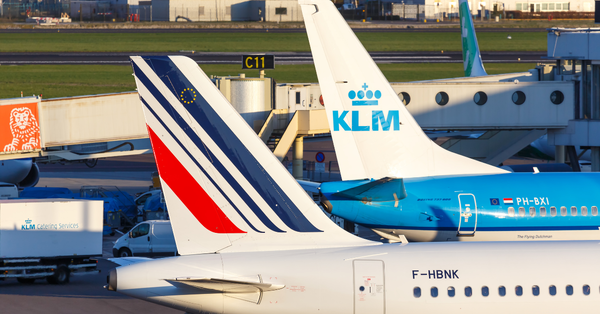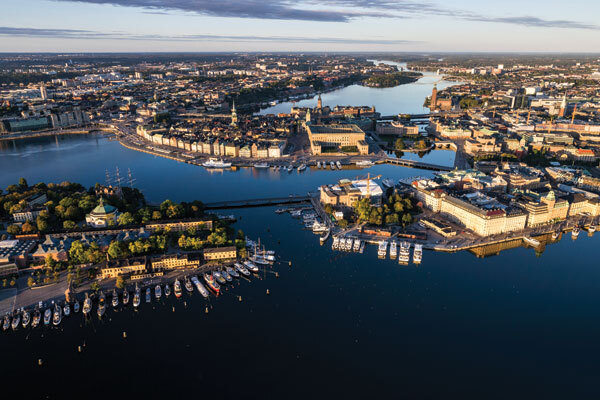Mishandled bags ‘cost airlines $5bn’ in 2024
Baggage mishandling cost the aviation industry an estimated $5 billion last year despite improvements, a new report reveals.
The costs included courier returns and customer service to claims handling and lost productivity.
This highlights “the urgency of continued investment in real-time, automated, and data-driven baggage systems", according to air transport IT provider Sita.
Of the 33.4 million mishandled bags, more than 66% (22 million) were resolved within 48 hours.
Specifically, out of the 22 million, 25% were resolved within 12 hours, 38% within 24 hours, and another 38% within 48 hours.according to the Sita Baggage IT Insights 2025 report released today (Thursday).
But passengers were twice more likely to have problems in Europe than others parts of the world even though the region reduced its mishandling rate to 12.3 bags per 1,000 passengers, marking a 26% improvement compared to 2007 and 15.7 in 2022.
This compared to 6.02 mishandled bags per 1,000 passengers in the Middle East and Africa region, 3.1 in Asia-Pacific, and 5.5 in both North and South America.
Despite an 8.2% increase in worldwide airline traffic in 2024 to a record 5.3 billion passengers, the overall mishandling rate dropped to 6.3 bags per 1,000 passengers, down from 6.9 the previous year and 67% lower than in 2007.
The total number of mishandled bags fell to 33.4 million, compared to 33.8 million the previous year.
The report found that 42% of passengers had access to real-time baggage updates, up from 38% the year before.
Nearly half of travellers say mobile tracking would boost their confidence in checking in a bag, and 38% value the addition of digital ID tags.
Passengers can share the location of their Apple AirTag with airlines, allowing quicker baggage recovery. British Airways, Lufthansa, Qantas, Cathay, and Virgin Atlantic are among the adopters of the technology.
Sita chief executive David Lavorel said: “In air transport, transformation isn’t a phase, it’s the norm. The industry is constantly evolving, driven by technology, passenger expectations, and global change.
“We’ve seen a radical shift with automation and the widespread use of real-time tracking.
"Passengers now expect their baggage experience to be as easy and transparent as using a rideshare or delivery app. It’s no longer just about moving bags, it’s about delivering a smooth, connected journey.
“Airlines are ready to tap into technology that improves the passenger experience while keeping costs down and being simple to roll out.
“Together with our partners, we’re reimagining baggage handling to give passengers full visibility and control from departure to arrival, giving them peace of mind and making travel simpler and better."


















